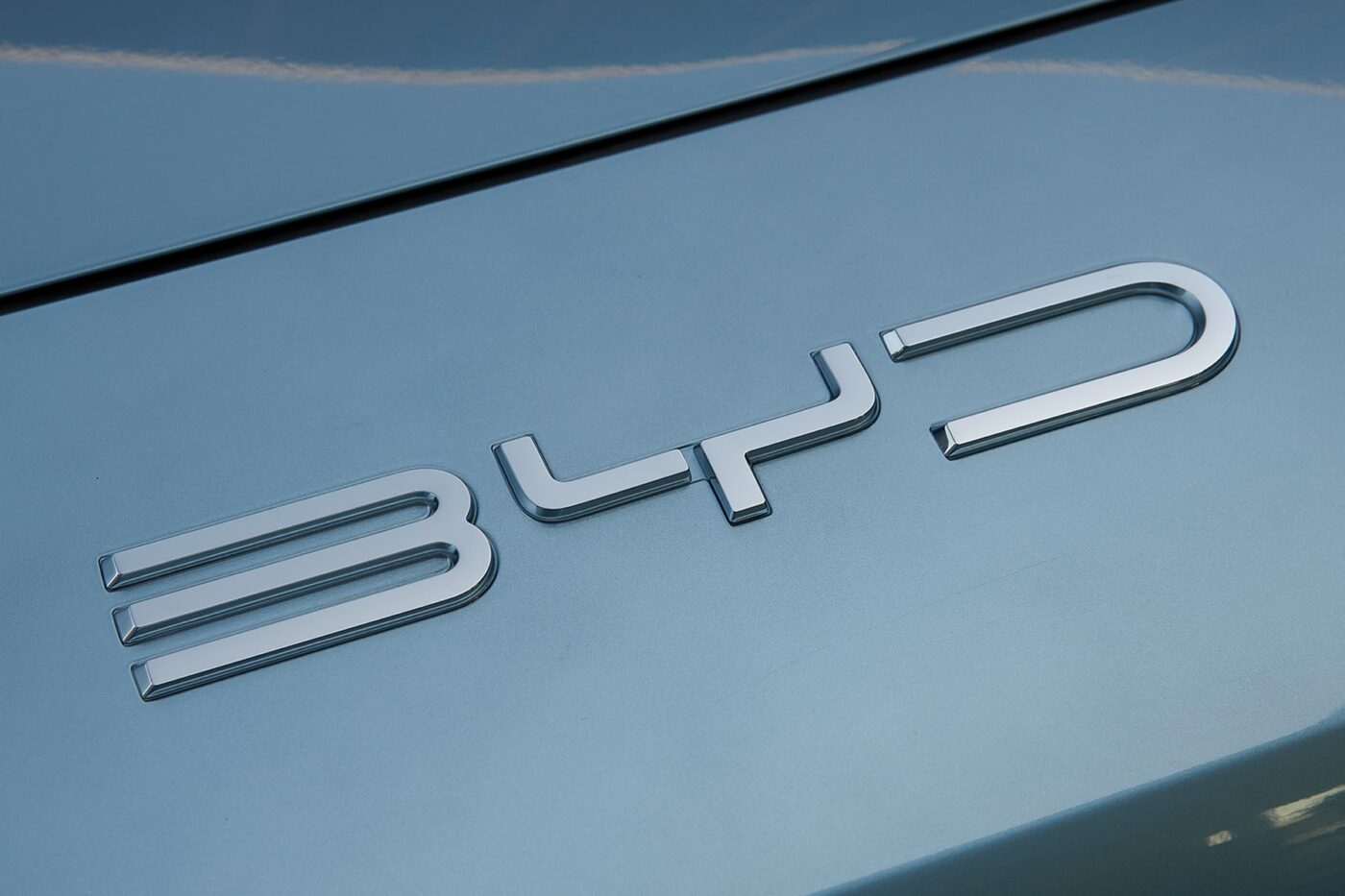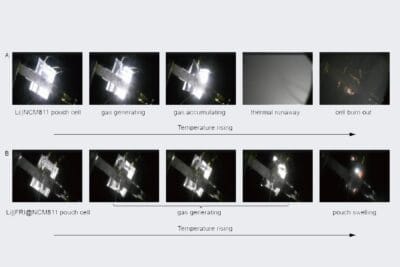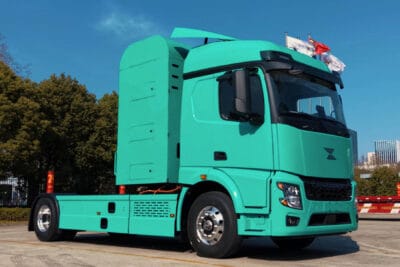BYD’s FinDreams poised to develop safer e-scooter batteries following fires in China
BYD’s battery subsidiary FinDreams posted the news on WeChat and wants to collaborate with third parties to ensure batteries can be safely kept indoors. “Our mission is to let people use batteries without worries,” the company announced.
The statement follows a fire breaking out in a residential building in Nanking, Jiangsu province, last week. Fifteen people died, and 44 were injured after the fire allegedly started in areas where two-wheelers are parked.
While the investigation is ongoing, it sparked a heated debate in China about the safety of e-scooters, and several cities have banned residents from keeping e-bikes indoors.
This is also not the first incident. FinDreams refers to data from the National Fire and Rescue Bureau, which counts 21,000 electric two-wheeler fires in China in 2023, marking a 17.4% increase year on year. 2022 saw 18,000 electric two-wheeler fires, representing a 23.4% increase from 2021.
This increase in the number of fire accidents in light electric vehicles (LEVs) reflects the importance of batteries in terms of safety management and usage norms, FinDreams said.
China is not the only country that has recognised e-scooters as a safety risk. Only last week, the public transport companies of Düsseldorf and Duisburg banned kickscooters on buses and trains from 1 March, following a recommendation by the Association of German Transport Companies (VDV).
In Spain, a similar decision was made last year, with Madrid leading the charge, followed by a temporary ban in Barcelona and a rush hour ban in Seville. Bans on the use of electric scooters were also imposed in Hamburg and London.
The emerging risks of the growing fleet of light electric vehicles are due to a lack of standardisation. China released the ‘Safety Technical Specifications for Lithium-Ion Batteries for Electric Motorcycles’ last year, but other regions have yet to follow. In Europe, the BATSO initiative has long lobbied and recently launched the battery audit with TÜV Rheinland.
FinDreams, in its statement that followed an emergency meeting on the weekend, said it will also improve safety norms for electric two-wheeler batteries.
At the same time, the legacy fleet lives outside the scope of the new rules, and many Chinese two-wheelers still run on lead-acid batteries.
But back to BYD. The manufacturer has mounted electric motorcycles before, local media points out. In July 2023, BYD agreed to assemble Scorpio Electric’s first electric scooter in Shenzhen for the Chinese market. Only this bike has Samsung batteries.
The only company using small LFP batteries from BYD is Nerva. Their 2022 Exe E-Scooter has a 5.76 kWh LFP battery and can charge 0-80% in 3.5 hours.
Still, FinDreams is just starting to invest in R&D. As a result, the company still needs to disclose concrete products or partnerships, leaving the technical specifications of an e-scooter, e-bike or electric kickscooter open.





1 Comment